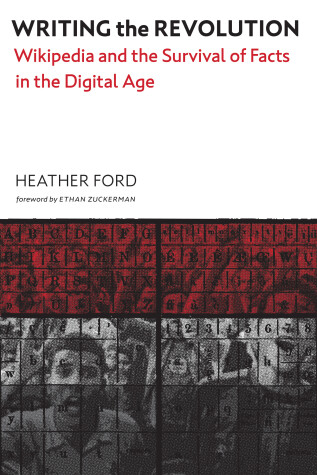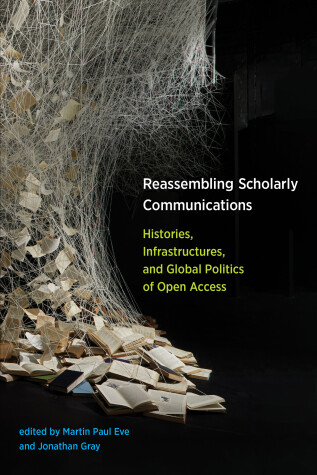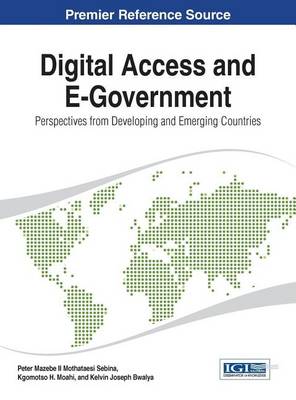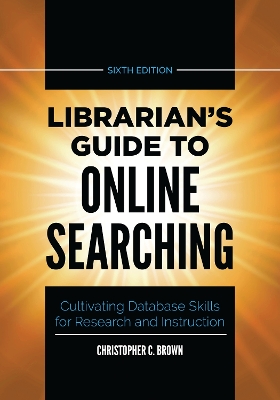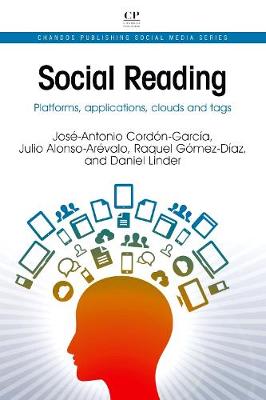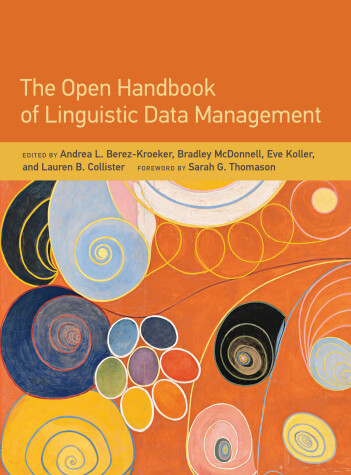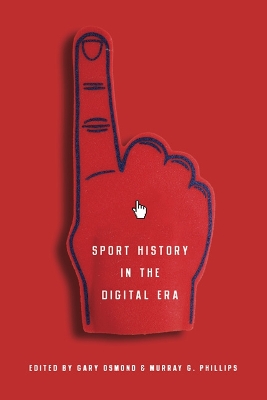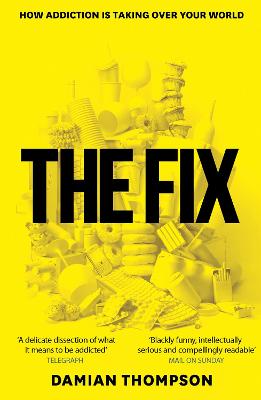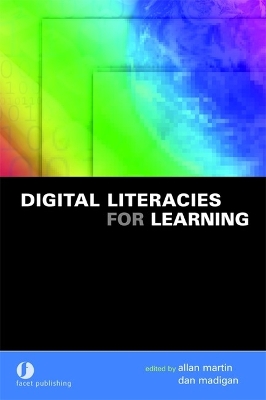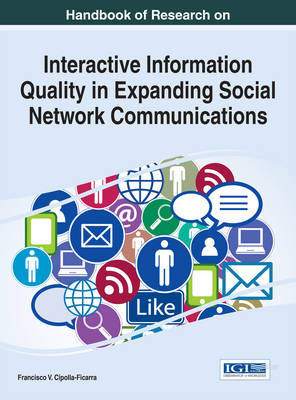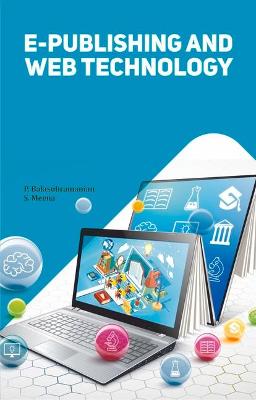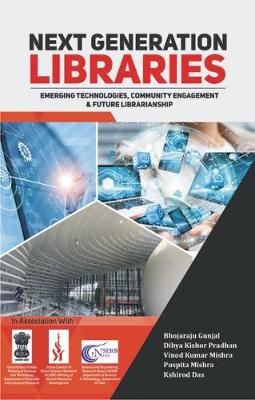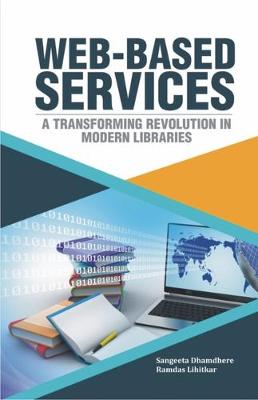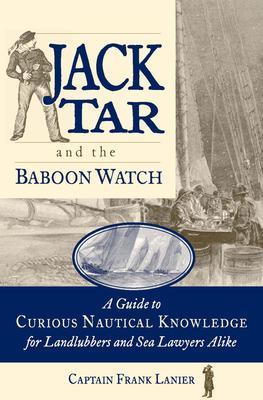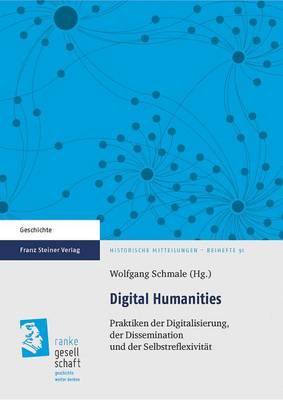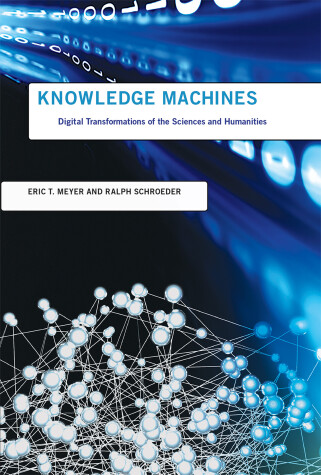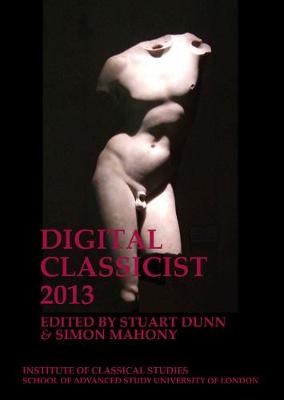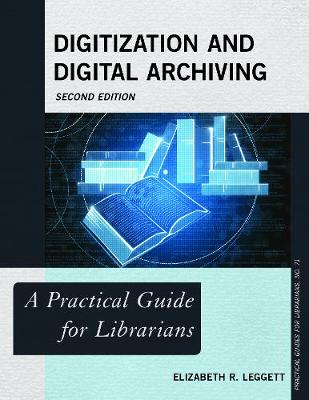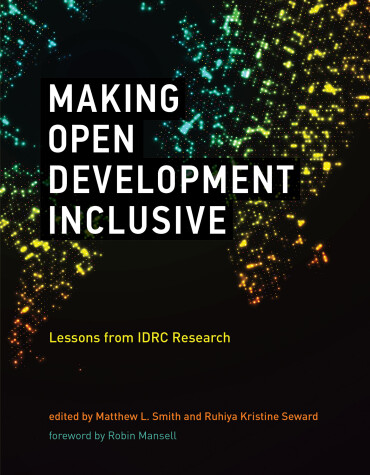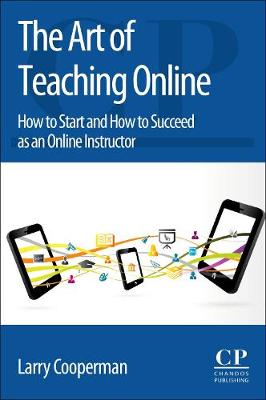A close reading of Wikipedia’s article on the Egyptian Revolution reveals the complexity inherent in establishing the facts of events as they occur and are relayed to audiences near and far. Wikipedia bills itself as an encyclopedia built on neutrality, authority, and crowd-sourced consensus. Platforms like Google and digital assistants like Siri distribute Wikipedia’s facts widely, further burnishing its veneer of impartiality. But as Heather Ford demonstrates in Writing the Revolution, the fa...
A critical inquiry into the politics, practices, and infrastructures of open access and the reconfiguration of scholarly communication in digital societies.The Open Access Movement proposes to remove price and permission barriers for accessing peer-reviewed research work—to use the power of the internet to duplicate material at an infinitesimal cost-per-copy. In this volume, contributors show that open access does not exist in a technological or policy vacuum; there are complex social, political...
Access to government information faces many roadblocks in developing and emerging economies due to lack of appropriate legal frameworks and other requisite information laws. However, there is hope that many countries are now recognising the importance of providing access to public information resources. Digital Access and E-Government: Perspectives from Developing and Emerging Countries explores the relationships that exist between access to information laws and e-government. It shares the stra...
Social Reading (Chandos Publishing Social Media, #10)
by Jose-Antonio Cordon-Garcia, Julio Alonso-Arevalo, Raquel Gomez Diaz, and Daniel Linder
Contemporary developments in the book publishing industry are changing the system as we know it. Changes in established understandings of authorship and readership are leading to new business models in line with the postulates of Web 2.0. Socially networked authorship, book production and reading are among the social and discursive practices starting to define this emerging system. Websites offering socially networked, collaborative and shared reading are increasingly important. Social Reading m...
The Open Handbook of Linguistic Data Management (Open Handbooks in Linguistics)
A guide to principles and methods for the management, archiving, sharing, and citing of linguistic research data, especially digital data. "Doing language science" depends on collecting, transcribing, annotating, analyzing, storing, and sharing linguistic research data. This volume offers a guide to linguistic data management, engaging with current trends toward the transformation of linguistics into a more data-driven and reproducible scientific endeavor. It offers both principles and methods,...
Information Technology (IT) is conquering the world. It affects our jobs, our lives as private citizens, and society. Its impact is greater than other technologies, such as railways, personal cars, and the telephone. However, while most can understand the potential and constraints of these technologies, IT is often experienced as a "black box," producing its effects without giving a clue as to how they are achieved. The aim of How Information Technology Is Conquering the World is to open this bo...
From statistical databases to story archives, from fan sites to the real-time reactions of Twitter-empowered athletes, the digital communication revolution has changed the way sports fans relate to their favorite teams. In this volume, contributors from Australia, Ireland, New Zealand, the United Kingdom, and the United States analyze the parallel transformation in the field of sport history, showing the ways powerful digital tools raise vital philosophical, epistemological, ontological, methodo...
Addictions to iphones, painkillers, cupcakes, alcohol and sex are taking over our lives. Our most casual daily habits can quickly become obsessions that move beyond our control. Damian Thompson, who has himself struggled with a range of addictions, argues that human desire is in the process of being reshaped. Shunning the concept of addiction as disease, he shows how manufacturers are producing substances like ipads, muffins and computer games that we learn to like too much and supplem...
Digital Literacies for Learning
In the 21st century, digital tools enable information to be generated faster and in greater profusion than ever before, to the point where its extent and value are literally beyond imagining. Such quantities can only be meaningfully addressed using more digital tools, and thus our relationship to information is fundamentally changed. This situation presents a particular challenge to processes of learning and teaching, and demands a response from both information professionals and educators. Enab...
Was the Titanic doomed because of its name? Can you really "swallow the anchor"?Jack Tar and the Baboon Watch is a collection of unusual, nautical-based phrases and trivia tidbits for Jack Tars* and landlubbers** alike. Author and marinerFrank Lanier began to compile these entries while serving in the Coast Guard; they were included in the Plan of the Day published aboard the various ships Lanier was stationed on starting in the 1980s. He explains these colorful terms and entertaining phrases in...
Knowledge Machines (Infrastructures)
by Eric T. Meyer and Ralph Schroeder
An examination of the ways that digital and networked technologies have fundamentally changed research practices in disciplines from astronomy to literary analysis.In Knowledge Machines, Eric Meyer and Ralph Schroeder argue that digital technologies have fundamentally changed research practices in the sciences, social sciences, and humanities. Meyer and Schroeder show that digital tools and data, used collectively and in distributed mode—which they term e-research—have transformed not just the c...
Digitization and Digital Archiving (Practical Guides for Librarians, #71)
by Elizabeth R Leggett
Making Open Development Inclusive (International Development Research Centre)
Drawing on ten years of empirical work and research, analyses of how open development has played out in practice.A decade ago, a significant trend toward openness emerged in international development. “Open development” can describe initiatives as disparate as open government, open health data, open science, open education, and open innovation. The theory was that open systems related to data, science, and innovation would enable more inclusive processes of human development. This volume, drawin...
An incisive history of the controversial Google Books project and the ongoing quest for a universal digital libraryLibraries have long talked about providing comprehensive access to information for everyone. But when Google announced in 2004 that it planned to digitize books to make the world's knowledge accessible to all, questions were raised about the roles and responsibilities of libraries, the rights of authors and publishers, and whether a powerful corporation should to be the conveyor of...
The Art of Teaching Online: How to Start and How to Succeed as an Online Instructor focuses on professionals who are not teachers, but who wish to enter the online education field as instructors in their disciplines. This book focuses mainly on how potential online instructors can create and maintain the human aspect of live, face-to-face education in an online course to successfully teach and instruct their students. Included are interviews with experienced online instructors who use their...
